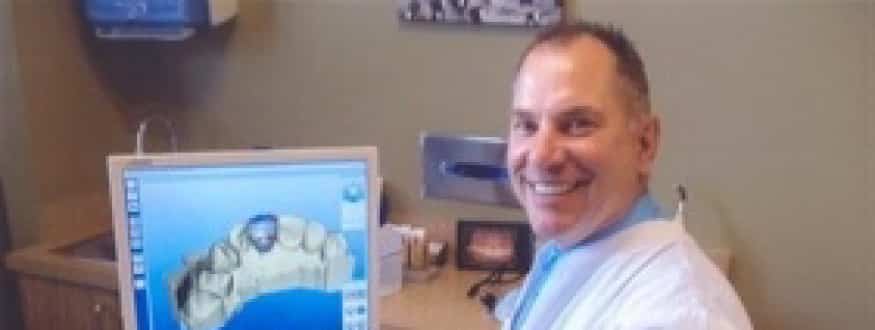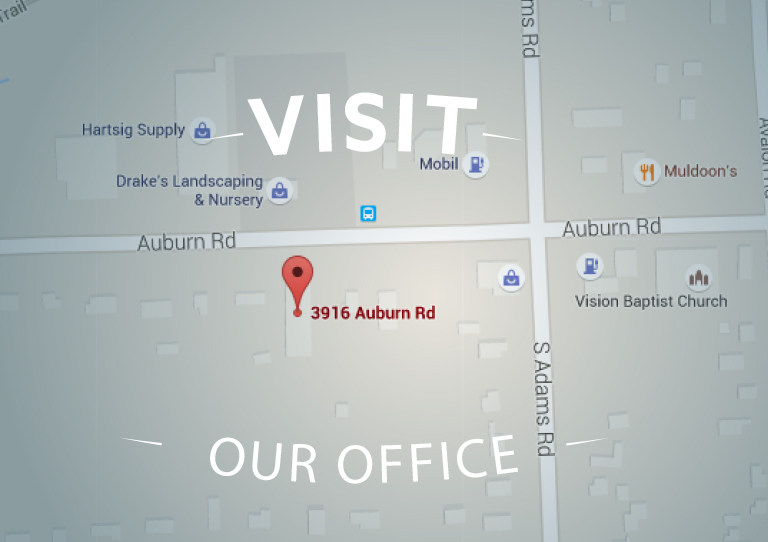 As you may know, dental care covers a wide range of areas, including cosmetic, restorative, and preventive. A well-rounded routine is intended to protect our teeth from the dangers of infection, decay, and the like, but sometimes life has other plans and these issues can arise and spread rapidly. Even still, there is more to oral health than meets the eye, and even nontraditional concerns such as incessant teeth-grinding or a dangerous sleeping disorder can complicate it. In today’s blog, your Auburn Hills, MI dentist discusses what bruxism is and how it can impact your oral health.
As you may know, dental care covers a wide range of areas, including cosmetic, restorative, and preventive. A well-rounded routine is intended to protect our teeth from the dangers of infection, decay, and the like, but sometimes life has other plans and these issues can arise and spread rapidly. Even still, there is more to oral health than meets the eye, and even nontraditional concerns such as incessant teeth-grinding or a dangerous sleeping disorder can complicate it. In today’s blog, your Auburn Hills, MI dentist discusses what bruxism is and how it can impact your oral health.
Understanding the Phenomenon
Have you ever woken up from a long night’s rest with a tense or sore jaw? This phenomenon impacts more people than you might think, though many write it off as just a miscalculated sleeping position. If it occurs frequently, however, you may want to talk to your dentist about the possibility of bruxism.
Bruxism is the name given to incessant teeth-grinding, and it often consists of an individual clenching his or her teeth tightly together as the lower mandible moves from side-to-side. It can occur at any time, but most often happens when one is asleep.
As bruxism continues, a number of complications can arise. For instance, the inability to open your mouth fully is not uncommon. Other examples include worn teeth, and subsequent increased chances of cracking, breakage, and infection, as well as the possibility of enduring a dangerous jaw dysfunction. To learn more about the problems the arise, reach out to a member of our team today.
Possible Causes
There are a few different causes that have been linked to bruxism. For example, heightened levels of anxiety or environmental stress may have an impact. The human body’s innate survival instinct is another possible cause, as teeth-grinding can result from an effort to regulate your breathing.
To expound upon this previous thought, sleep disorders such as obstructive sleep apnea can occur when the throat muscles become relaxed and thus restrict the airway. To correct the issue, your brain may send signals that cause you to tighten the muscles back up, just as they do when you grind.
What to Expect Without Treatment
Regardless of the cause, however, bruxism can lead to a dangerous jaw dysfunction known as TMJ disorder. This occurs when the lower jaw becomes misaligned with one or both of the two temporomandibular joints with which it hinges to your cranium. Without proper TMJ therapy, you can endure significant tissue damage, difficulty opening your mouth or eating, and an incessant popping or clicking sensation as the mandible attempts to realign.
Learn More Today
Contact Advanced Dental Concepts in Auburn Hills, MI by calling 248-852-1820 to learn more about the dangers that arise from TMJ disorder, and how our team can help with a custom treatment.



